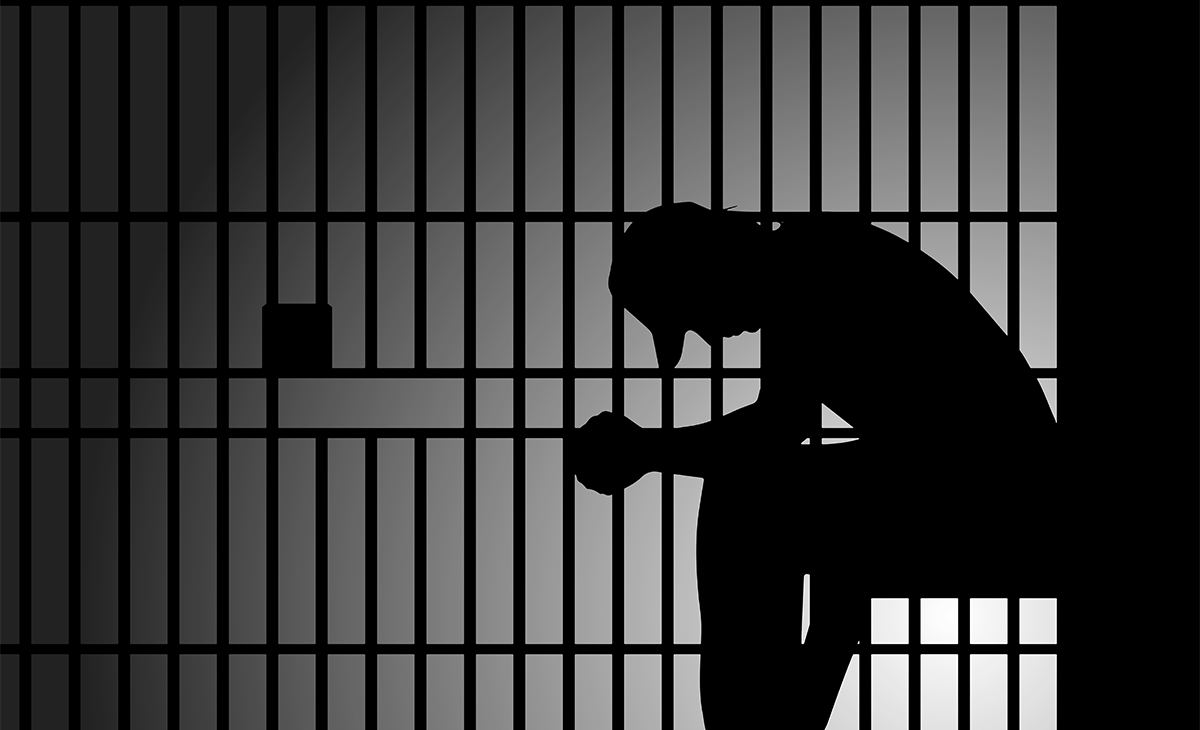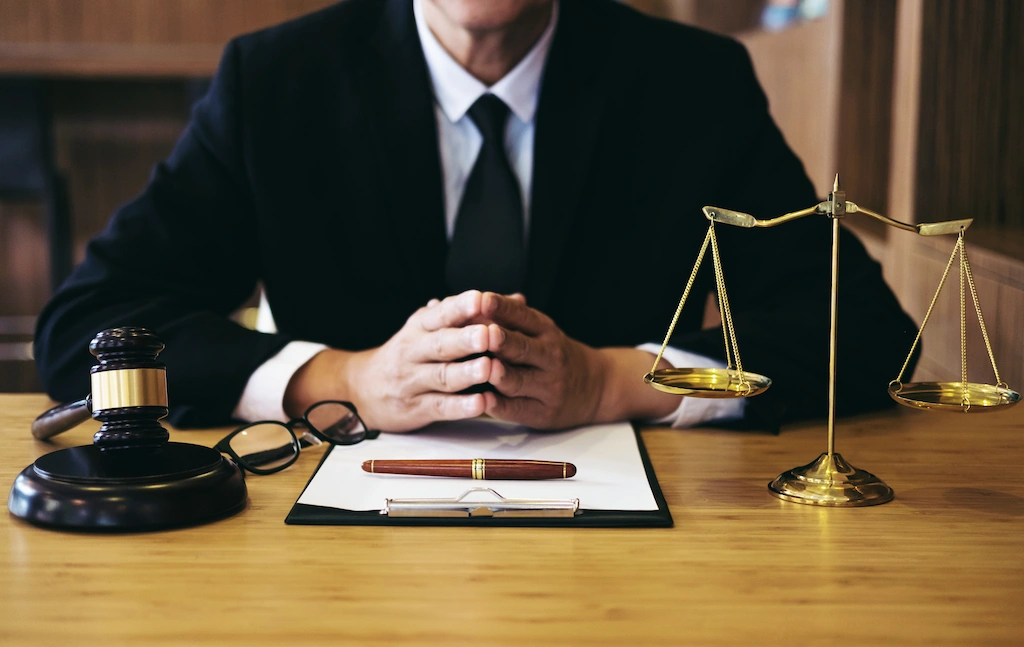Call us now:
Don’t Fall For These Common Police Lies
- We have you on video – If they had you on video they generally won’t need to be speaking to you, they would simply arrest you and have no further questions. In the age of video recordings, it is easy to make people believe everything is captured on video, but the reality is that videos don’t have perfect resolutions, good angles for capturing faces, don’t capture crimes committed, and aren’t available or don’t work.
- Your DNA and fingerprints will be found – The CSI effect is real. People tend to believe that modern technology is fast, cheap, effective, and conclusive. The reality is the opposite. A small minority of the time does a case involve DNA, is the DNA if found conclusive, and even if conclusive does not reach a conclusion useful to the police. Fingerprints can be even harder to locate and make useful based on the delicate nature of fingerprints.
- The Co-defendant has already confessed – It is easy to believe that someone accused of a crime will turn on their friends, and police will often tell a suspect that a co-defendant or other participant has admitted involvement using their own mistrust of the people around them to extract a confession.
- We just want to hear your side – The key to this lie is the word ‘just’. When people here the word just in this sentence they believe the party making the request has no ulterior motive in asking the question, but that couldn’t be further from the truth. Yes the police want to hear your side, but the reason is so that you can incriminate yourself or simply make their job collecting other evidence proving guilt easier.
The police are allowed to lie to you to obtain a confession — and they do.
It is a natural tendency of all people to want to be heard. What is not natural is the way people interact with police in stressful circumstances. Having to deal with an authority figure when you are most likely in a dangerous situation, emotions are high, and you have either intentionally or accidentally deprived yourself of crucial information puts you at a great disadvantage when dealing with police, who do not have your best interests in mind. Many crimes involve serious allegations by people with various ulterior motives, and lies abound. This helps create more confusion, fear, and mistake, and can be the source of great injustice.


Yes the Police can lie to you while trying to extract a confession.
The solution to protect yourself in situations where you are questioned by the police is to be informed about the law and common circumstances where you may be questioned by the police. Understanding your rights during these encounters is essential to protecting yourself from self-incrimination and ensuring a fair legal process.
LEGAL DEFENSE TO CONFESSIONS
Police Deception: Is It Legal in Florida?
In Florida, the police are allowed to lie to you to obtain a confession, and they do. There are many cases where Courts have applauded the police tactics involving lying to suspects in order to obtain a confession. However, there are limits to the extent the police are allowed to lie to a suspect to obtain a confession, and Courts have also provided guidance on subjects and tactics which have been determined to be in violation of the 5th amendment of the US Constitution and/or are considered illegal coercion and then become inadmissible against a Defendant.
For example, the police cannot go so far as fabricating physical evidence against a suspect, and they also cannot lie or mislead an accused about the law or leniency in their case.
What Are My Rights?
The best legal defense to police lies and coercive tactics is to invoke your right to silence and invoke your right to counsel. You are not required to provide the police with statements of your wrongdoing no matter what any police officer says. The police consistently hope you don’t know your rights, and want you to keep talking since under your own belief that you will talk your way out of an arrest or a charge, all the while they know that is impossible and you will be charged anyways.
Involuntary Statements are Not Admissible
According to Florida Statute § 90.803(18), a confession can be excluded from evidence if it was not made voluntarily. The key factor is whether the confession was obtained freely or if it was the result of overbearing or coercive police tactics which essentially overbore the will of the accused. Some circumstances where Courts have thrown out confessions are when the police:
- Threaten you or your family with harm
- Promises of leniency or threatened with additional prosecution (quid pro quo)
- Deprivation of food, water, sleep
Courts evaluate the totality of the circumstances to determine if the confession was given voluntarily. This means that while lying may be allowed, tactics that coerce or trick someone into confessing against their will can lead to the confession being ruled inadmissible. Some Defendants may also have special circumstances making them more vulnerable to coercive tactics, like mental health disorders, immaturity, or disability, which in some circumstances can tip the scales against admitting a confession into evidence.
If you believe that the police used coercive tactics to obtain your confession, it’s crucial to speak with a defense attorney immediately.
FACTUAL DEFENSE TO CONFESSIONS
Even if there weren’t any special legal circumstances that could render your confession involuntary and exclude it from evidence, that doesn’t mean the issues that are frequently ignored by the State and some Courts cant be presented to a jury who could be more sympathetic to the concept of a false confession or a coerced statement.
Defendants giving statements and confessions to the police is so common that there is a standard jury instruction that is read to the jury to help them weigh whether or not the should disregard the Defendant’s statement because it was not freely and voluntarily made.
- florida jury instruction 3.9b
- A statement claimed to have been made by the defendant outside of court has been introduced into evidence. Such a statement should be considered with caution and be weighed with great care to make certain it was freely and voluntarily made.
- If you conclude the defendant made the statement, you must also determine from the evidence whether the defendant’s statement was freely and voluntarily made.
- In making this determination, you should consider the circumstances, including but not limited to
- 1. whether, when the defendant made the statement, [he] [she] had been threatened to get [him] [her] to make the statement,
- and
- 2. whether anyone had promised [him] [her] anything to get [him] [her] to make the statement.
- If you conclude the defendant’s made the out of court statement, but it was not freely and voluntarily made, you should disregard it.
Miranda Rights and How They Protect You
When you’re taken into custody, the police are required to read you your Miranda rights. These include your right to remain silent and your right to an attorney. If the police fail to inform you of these rights before questioning, any statement you make may be excluded from court. However, even after being read your rights, many people continue to speak with police officers because they feel pressured or believe that cooperation will help them.
Keep in mind that once you invoke your right to remain silent or request an attorney, the police must stop questioning you. If they continue to question you after you’ve asserted these rights, anything you say may be deemed inadmissible in court.
How Can a Confession Affect Your Case?
Confessions often play a critical role in criminal cases, and police know that obtaining a confession can strengthen their case. If you confess, it becomes difficult to defend against the charges because the prosecution will use your own words against you. This is why it’s so important to exercise your right to remain silent.
Resources
Florida Statute governing confessions in sexual abuse case 92.565
Florida Standard Jury Instruction Defendants Statements
confessions are party admission under Florida rules of evidence 90.803(18)
- (18) ADMISSIONS.—A statement that is offered against a party and is:
- (a) The party’s own statement in either an individual or a representative capacity;
- (b) A statement of which the party has manifested an adoption or belief in its truth;
- (c) A statement by a person specifically authorized by the party to make a statement concerning the subject;
- (d) A statement by the party’s agent or servant concerning a matter within the scope of the agency or employment thereof, made during the existence of the relationship; or
- (e) A statement by a person who was a coconspirator of the party during the course, and in furtherance, of the conspiracy. Upon request of counsel, the court shall instruct the jury that the conspiracy itself and each member’s participation in it must be established by independent evidence, either before the introduction of any evidence or before evidence is admitted under this paragraph.
Conclusion
You want an attorney who has the experience, expertise, and local knowledge to give you or your loved one the best possible defense against a confession case. Matt Landsman has been fighting for clients just like you for years, and unlike many attorneys has the trial experience to prove it. You want to know that whatever decision you ultimately make in your case, that the legal advice you are getting is the best possible advice no matter how bad the circumstances. Matt Landsman will not let you go through this traumatic experience alone, and will be there with you every step of the way. He has been through cases of the most serious kind, and helped his clients through them to the best possible results.
Matt Landsman is Board Certified in Criminal Trial Law by the Florida Bar since 2016. Board certification is the highest level of evaluation and accreditation for lawyers by the Florida Bar and represents competency and experience within an area of law, as well as professionalism and ethics in practice. Gainesville Confession Case Lawyer Matt Landsman has the experience you need to help you or your loved ones through Confession case related difficulties with expert advice for a confession defense in Gainesville and North Florida.
Criminal Defense Lawyer Matt Landsman at Landsman Law helps people accused of crimes in Gainesville, Alachua County, Levy County, Gilchrist County, and surrounding areas of north Florida. If you need help for yourself or a loved one contact Criminal Defense Attorney Matt Landsman for a free consultation today. For help with any Criminal Matter from Board Certified Criminal Trial Lawyer Matt Landsman – CALL NOW
Have you been accused of a crime in Gainesville or North Florida? Call or contact us online to schedule a free consultation in Gainesville Florida.

